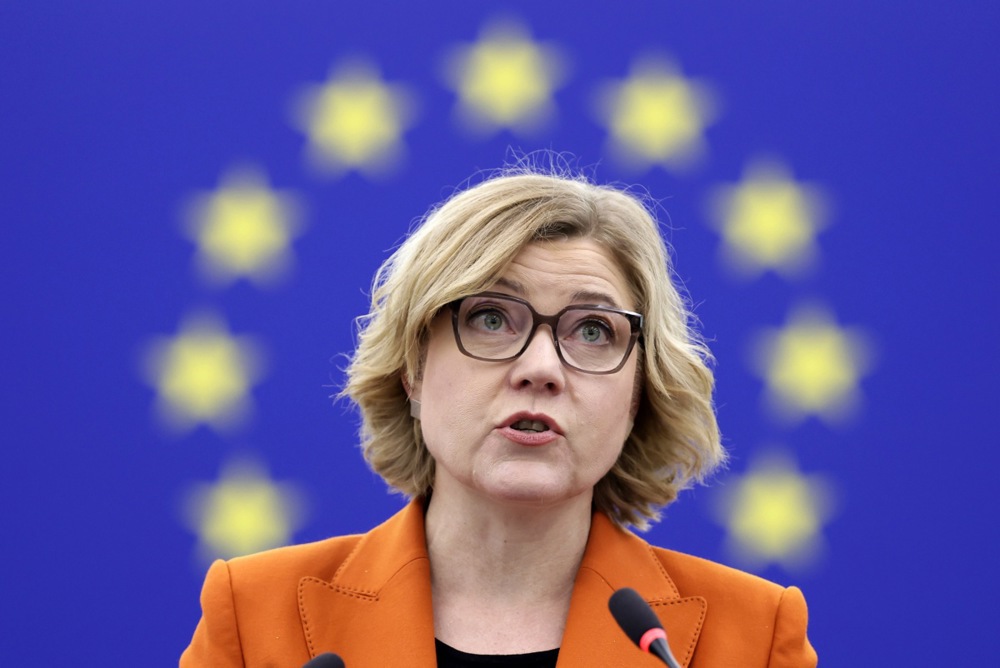Shein, the Chinese global e-commerce platform specialising in fast fashion, could soon find itself paying more than just shipping costs to the European Union.
The European Commission has been probing the firm on three legal fronts — each of which could result in financial penalties or back payments: Consumer protection fines, missed customs duties and Digital Services Act (DSA) non-compliance.
The first concerned EU consumer protection laws. On May 26, the EC, along with national authorities, formally accused Shein of “widespread infringements” of rules designed to protect online shoppers.
Alleged malpractices included misleading promotions and pressure-selling tactics, potentially punishable under the Unfair Commercial Practices Directive.
The second money risk lay in customs and VAT obligations. Watchdogs across the EU have been investigating the influx of small parcels from China-based platforms including Shein and Temu.
Many appeared to be wrongly declared or undervalued, potentially allowing sellers to evade import VAT and customs duties. Shein could face retroactive tax bills or customs penalties if authorities found systematic abuse of the low-value exemption.
The third regulatory threat fell under the DSA. Earlier this year, the EC designated Shein a Very Large Online Platform (VLOP), putting it under the bloc’s toughest online content and advertising rules.
That meant it faced a four-month deadline to comply — or risk fines of up to 6 per cent of global turnover for violations such as so-called opaque advertising, illegal product listings, and/or lack of traceability of sellers.
According to Belgian news agency Belga, national authorities were treating the consumer law breaches as urgent and if Shein failed to propose fixes by July 3, it may trigger enforcement actions.
The financial implications could be significant. Customs authorities are already ramping up inspections and Shein’s recent inclusion under the DSA has raised its exposure.
Le Monde reported earlier in May that Shein had recruited a high-powered lobbying team — including former European politicians — to defend its model in Brussels.
That reportedly included Christophe Castaner, former French interior minister, Nicole Guedj, former French secretary of state and a lawyer and Günther Oettinger, ex-European budget commissioner.
The company was reportedly leveraging these political connections to mitigate the impact of potential fines and restrictions, underscoring the importance it placed on maintaining its foothold in the lucrative European market.
For now, Shein said it was “reviewing the Commission’s communication carefully” and remained “committed to operating in compliance with the laws and regulations of the markets where we operate”, Reuters reported.
Even as legal pressure mounted, Shein has continued to expand in Europe, launching pop-up stores in major cities and reportedly preparing an initial public offering (IPO).
That could allow it to sell shares to public investors and raise significant capital for future growth.





